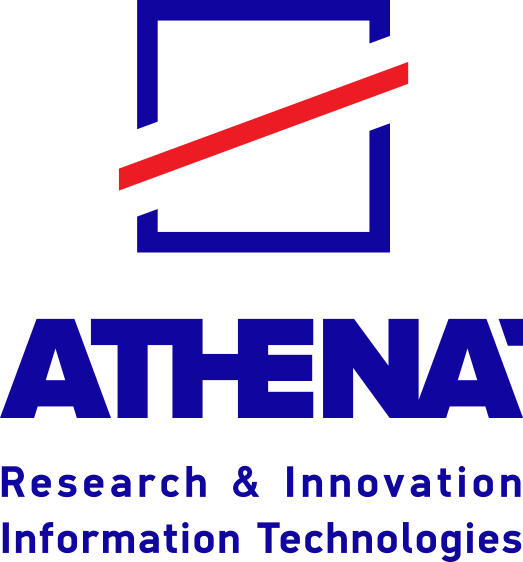Following our Archimedes Talks series, we would like to invite you on Panagiotis Kaklis talk on : Dimensionality Reduction: Extracting Physics-informed Features via Geometric Moments, which will take place in Archimedes Unit on Monday 15th of April from 13:00. You can also watch it remotely via the teams link provided below.

short bio:
Panagiotis Kaklis is Reader at the University of Strathclyde, Dept. Naval Architecture & Marine Engineering (2013-) and Honorary Fellow IACM (Institute of Applied & Computational Mathematics), FORTH (Foundation of Research & Technology Hellas) (2023-). From 1990 to 2018, served at NTUA (National Technical University of Athens), School Naval Architecture & Marine Engineering ascending the ranks from Assistant to Associate and then full Professor. His research activities, include AI-based ship design, geometric modeling, iso-geometric analysis and hydrodynamics
affiliation:
Dept Naval Architecture, Ocean & Marine Engineering, University of Strathclyde (UK)
Institute Applied & Computational Mathematics, Foundation Research & Technology Hellas (GR)
Archimedes Unit/Athena Research Center
title:
Dimensionality Reduction: Extracting Physics-informed Features via Geometric Moments
abstract:
In shape optimisation problems, subspaces generated with conventional dimension reduction approaches often fail to extract the intrinsic geometric features of the shape that would allow the exploration of diverse but valid candidate solutions. More importantly, they also lack incorporation of any notion of physics against which shape is optimised.
Our work proposes a shape-supervised dimension reduction approach, that uses higher-level information about the shape in terms of its geometric integral properties, such as geometric moments and their invariants. These moments are combined with the shape modification function to form a Shape Signature Vector (SSV) uniquely representing a shape. Afterwards, the generalised Karhunen–Loève expansion is applied to SSV, embedded in a generalised (disjoint) Hilbert space, which results in a basis of the shape-supervised subspace retaining the highest geometric and physical variance. Validation experiments are performed for a three-dimensional wing and a ship hull model.
Our results demonstrate a significant reduction of the original design space’s dimensionality for both test cases while maintaining a high representation capacity and a large percentage of valid geometries that facilitate fast convergence to the optimal solution.
________________________________________________________________________________
Meeting ID: 370 276 210 408
________________________________________________________________________________














